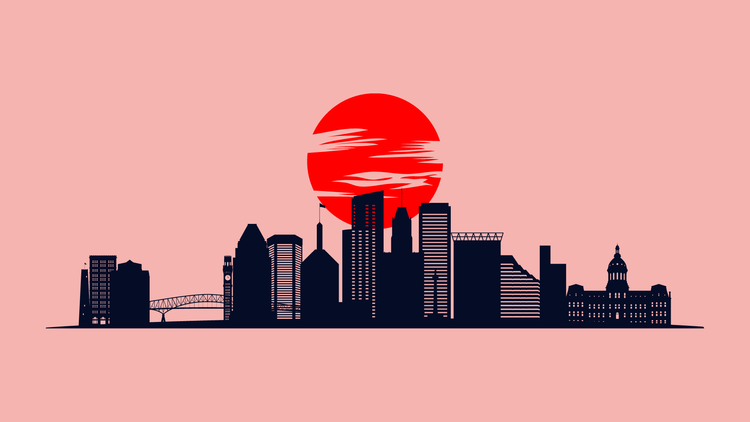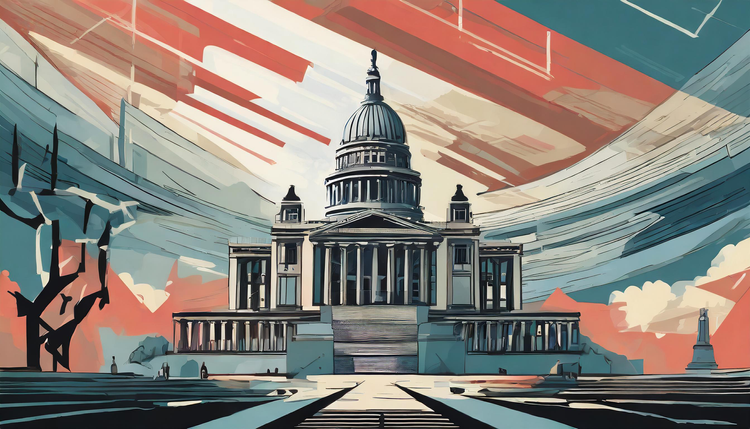Where Will China Leap Next?
Did you know that, between 1958 and 1962, Mao Zedong's Communist Party of China was responsible for the deaths of 45 million Chinese?
To capture its sheer scale, think about this:
Mao's so-called Great Leap Forward was far deadlier than Hitler's rampage through Europe or Stalin's forced starvation of Soviet peasants.
Yet, this week, Xi Jinping – China's newly-anointed President for Life – spoke from the same place Mao did when he founded the People's Republic of China seventy-years earlier.

Xi and the Chinese Communist Party were there to celebrate "the revolution" of 1949 and all that has followed.
But modern China – as most Americans know it – did not emerge until decades after Mao's founding proclamation, his Great Leap Forward, and his Cultural Revolution.
Starting in 1978, Deng Xiaoping – Mao's successor and the "Architect of Modern China" – led a series of economic reforms that slowly opened up a then-closed China to increased private ownership, international trade, foreign investments, and market forces.
The results have been called one of the "great stories in history." They include:
- Between 1978 and 2011, China's economy grew from $150 billion to $11 trillion
- Between 1981 and 2013, extreme poverty in China dropped from 90% to 2% – resulting in 850 million people moving out of poverty
- Between 1995 and 2012, China's spending on advanced research and development increase by four-times
In his triumphant speech, Xi proclaimed that the future is bright:
Today a socialist China is standing in front of the world. No force can stop the Chinese people and the Chinese nation forging ahead
Despite leading a democracy opposed to communism and socialism, Donald J. Trump was equally enthusiastic about the revolution's anniversary:
Congratulations to President Xi and the Chinese people on the 70th Anniversary of the People’s Republic of China!
Not all are thrilled with China – and, especially, tellingly, its neighbors.
Australia is pushing back against Chinese expansion. Japan remains an erstwhile adversary. India is not a big fan of Xi's signature Belt-and-Road effort. All prefer American leadership.
And, of course, no one can forget the wide-scale protests in Hong Kong directly challenging Chinese influence and the claims made in Xi's speech.

For decades, China has been on an economic tear. In just the past decade, it has contributed nearly 30% of global growth.
Yet trouble looms. Its unprecedented growth is slowing. Nearly 350 million Chinese live on less than $6 per day. Its overcrowded cities are the least healthy in the world.
How China and the United States – and their radically different economic and political systems – cooperate moving forward will be the central test of my lifetime.
Its success will require more than presidential tweets and fawning spectacles.





